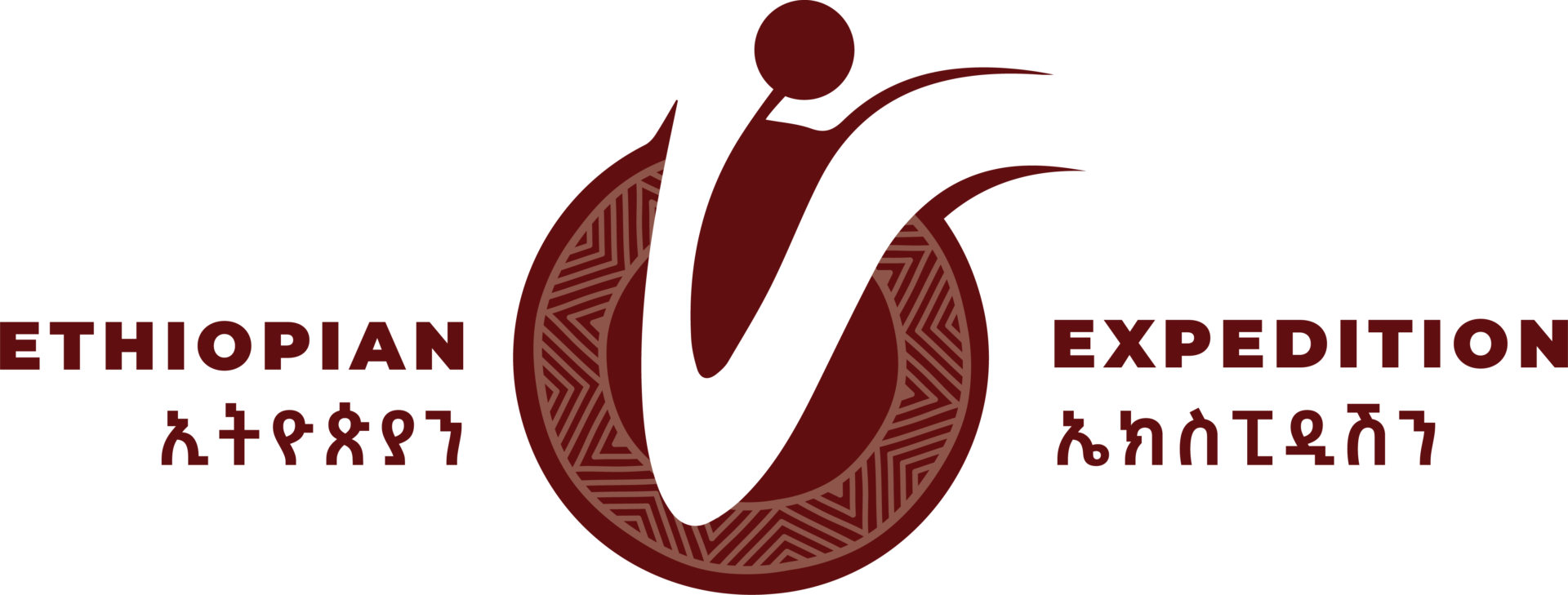Our years of experience and extensive network of local partners can help you build your dream trip from the endless possibilities of Ethiopia. We’ll talk through your ideas, give you some suggestions, set it all up and advise on travel, kit and preparation, so that you get the Ethiopian adventure you’ve always wanted.
Health and Safety

Ethiopia is a safe and reasonably healthy country provided you take a few common sense precautions.
Ensure your inoculations for typhoid, tetanus, polio and hepatitis A are up to date, mainly if you are traveling out of the capital or you will stay away from the largest hotels
Ethiopia is a safe and politically stable country
Anti-malarial prophylactics should be taken if you’ll be visiting low-lying moist regions such as the southern Rift Valley and South Omo. There is also a small risk of malaria, especially during the rainy season, at mid-altitude sites such as Bahir Dar and Harar. Malaria is all but absent above 2000m, for instance in Addis Ababa, Gondar, Lalibela and the Bale and Simien mountains.
Avoid drinking or brushing your teeth with tap water. Bottled water is safe and widely available.
Its a good idea to carry a few packs of antiseptic wet wipes to wash your hands after toilet stops or before meals in more remote areas where running water may not be available.
Ethiopia is a safe and politically stable country, though there may be some risk attached to travel in remote border areas with more volatile neighbors such as Eritrea, Somalia, Sudan and South Sudan. None of these areas is likely to be visited on a normal tour.
Pickpockets and con artists proliferate in central Addis Ababa but are not a serious cause for concern elsewhere in the country


